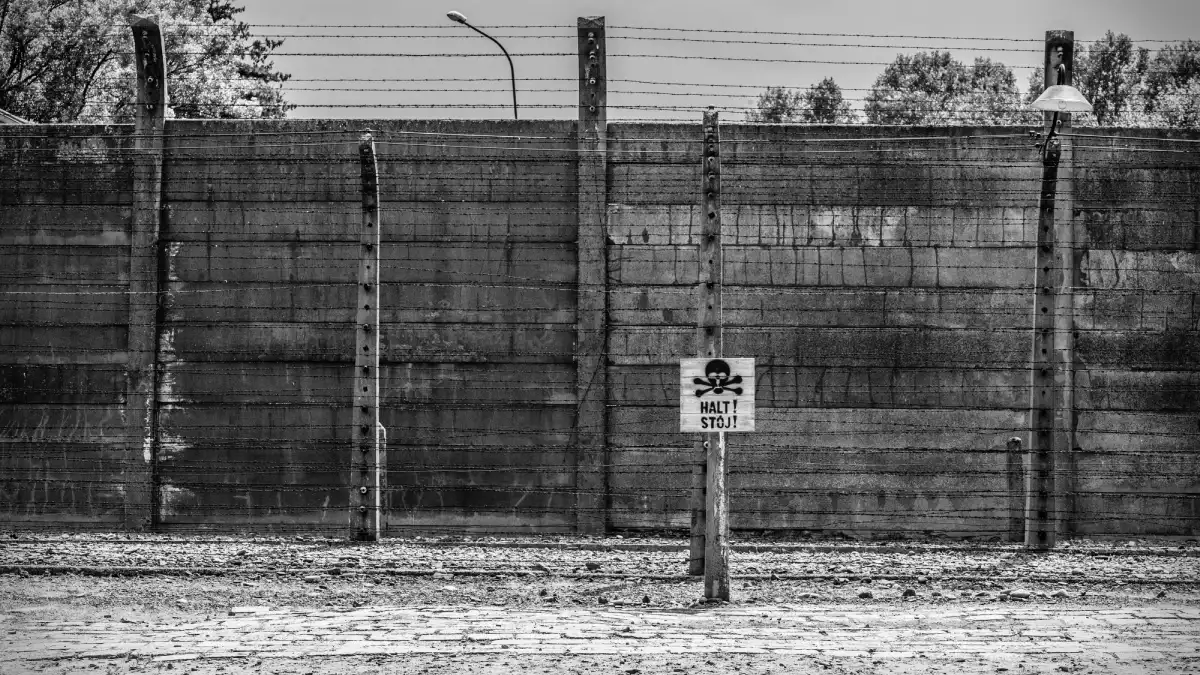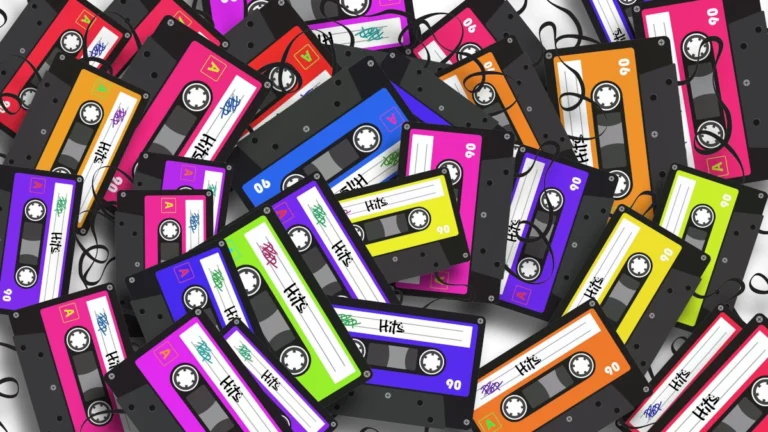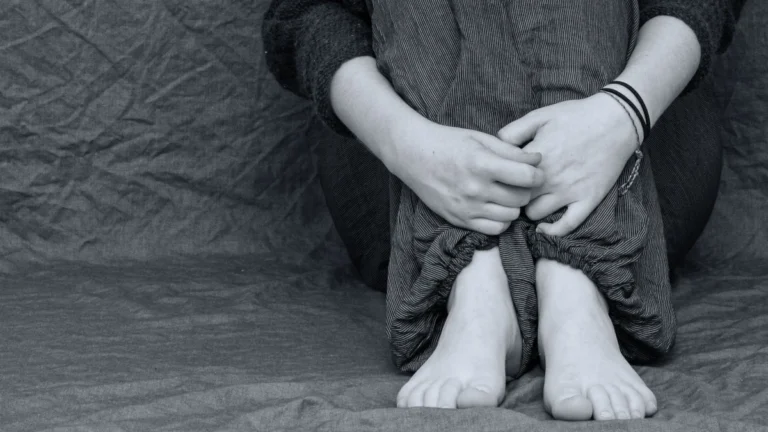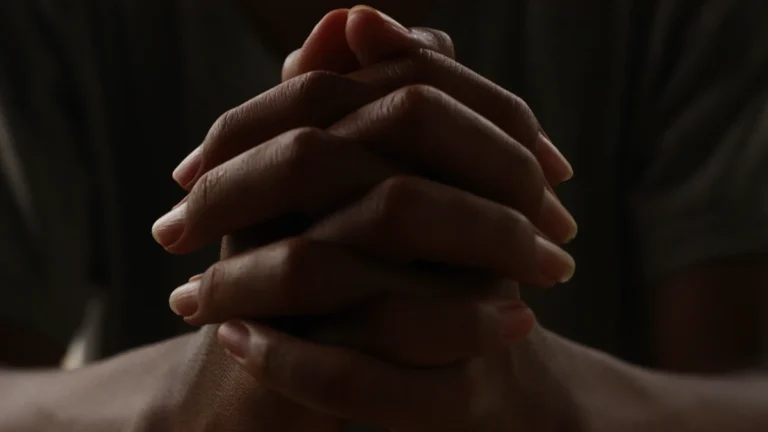A generational apology for misplaced trust in modern decency.
I grew up in the Austria of the Seventies. One theme ran like a bassline through everything we said, did, and thought: never again. Never again what happened under the Nazis. I didn’t experience the Nazis firsthand. Not the WWII Nazis. My father did, as a boy. My grandparents lived it—and it nearly destroyed them. But I was born in the late sixties. It felt like ancient history. Except in Austria, it wasn’t.
From early on, I felt safe—and smug. We had learned our lesson. We had made sure that no Hitler would ever rule us again. We wouldn’t fall for that trap twice.
Sure, the occasional electoral success of this or that party with faint brownshirt aromas made people nervous. Sure, the elites reacted with shrill overstatement. But none of it ever shook my belief that the majority wouldn’t forget the lesson. That we had internalized the hard truths of the past.
Until we didn’t.
And in my home country, it wasn’t some clownish extremist party that pulled on the jackboots. It was the respectable middle—the mainstream political class. It was they who followed the totalitarian script. Our most fundamental human rights were simply annulled. Because we feared a virus.
I don’t want to belabor the COVID scare here—whether it was justified or not. I’m not a medical doctor. What concerns me is our society’s resilience—or lack thereof—in the face of a vague, unquantifiable fear. How quickly we segregated people again. Not in some remote corner of the world, but right here—at the birthplace of Hitler.
My grandfather was born in 1899. He survived two world wars. He lived through the Spanish flu, which killed hundreds of thousands in Central Europe. He was taken prisoner in the East, escaped from what’s now Ukraine, and walked home to Austria. He buried his eldest son in a coffin he built himself. And then, from nothing, he started again—raised the four remaining children, fed them, sheltered them, gave them something resembling a life. It was hard. But that hard life bred hard people.
He died decades ago. But imagine, just for a moment, he could see us during the COVID panic. You know what would shock him the most?
Not that we carry small glass rectangles that show us anything we want, whenever we want it.
Not that we’ve mapped the human genome, that we can read, sequence, and rewrite it like code.
Not even that we can pluck missiles from the sky with algorithmic chopsticks.
No. What would floor him would be that we were willing, on a whim, to give up the very freedoms he bled for—just because of a virus. He would remember the Spanish flu. He would remember a time when death stalked every home, when misery was thick in the air, and no family escaped untouched. And even then—even then—people did not surrender their fundamental rights.
He remembered life under monarchy, and under fascism. He remembered what it meant to live without rights at all. And precisely because he remembered, he would have assumed that we—his descendants—would never, under any circumstance, let go of those freedoms again.
But we did. We were told it was necessary. And without serious protest, without skepticism or even debate, the majority flipped the script. Freedoms once held sacred were thrown away. We only meant well, we said. That was our excuse.
I’m certain my grandfather wouldn’t have swallowed it.
We wanted a life of safety. A world without risk. But how different is that, really, from the early Nazi obsession with protecting society from “degraded life”? They too believed they were doing the world a favor—by eliminating the handicapped and the irretrievably ill. They thought they were cleansing society. Today, we pretend to understand the monstrosity of that logic. We even codified protections, built entire legal frameworks to avoid ever going there again.
But in the 1930s, 1940s—this was normal thinking. No one questioned it. They just complied.
My son would have been among those considered degraded. I’m sure some people back then objected. Just like the few who spoke up during the COVID regime. But they were shouted down. And the ones who resisted? They either broke, or they left. Just like I seriously considered emigrating when Austria became the only Western country to make the COVID shot mandatory.
What choice did I have?
It made me ask—loudly and repeatedly—what happened to our much-professed humanity? How could we throw it away at the feet of a single pathogen? This is not the country I thought I knew.
Just like people in the Nazi era who had to make monstrous choices to protect their loved ones, I found myself—decades later—staring down the barrel of economic annihilation. I was ready to lose everything I had built just to shield my child from harm. This time, the harm came not from war, but from policy. And the choice was just as cruel.
We say it’s all for safety. But we eat garbage food, smoke like chimneys, jump off cliffs for sport, race cars through cities with no regard for life—ours or anyone else’s. All of that is far riskier than the virus that brought our freedoms to a halt.
And sure—the virus is contagious, unlike our addictions. But that’s exactly the point: Fundamental rights are not designed for when the sun shines and the birds sing. They are built for when things go to hell. They are not a comfort for the majority—that group will always get what it wants. Rights exist to protect the minority. The dissenter. The outlier. The one who won’t comply. The one who doesn’t trust a rushed medical treatment.
If our rights can’t hold up under pressure—if they evaporate the moment death feels close—then they’re not worth the paper they’re written on.
And so I have to ask: Can I trust you? Can you trust me? Can we trust each other to uphold our so-called values when the next scare comes knocking? Right now, we’re already preparing to cut deep into fundamental liberties again. This time, under the banner of Climate Change. There are open discussions about imprisoning people for asking questions.
Which raises the only question that matters: Have we learned anything from the past? Are we even capable of learning? Or are we condemned to repeat every atrocity, every cruelty, every sanctimonious purge—this time dressed up as moral progress?
Is all our talk of values just window dressing to hide our tribal instincts? And if that’s true—how can we pretend democracy is anything but theater? Is democracy just the tyranny of the many, dressed up in Sunday clothes?
The Nazis made an entire population complicit in their crimes. But it wasn’t just the Nazis. These ideas existed in nearly every society at the time. The Germans simply took them to their logical extreme. Just as every nation responded to COVID in some way—but only Austria made an experimental medical procedure mandatory.
I used to wonder how the Nazis managed it. How they got ordinary people to play along. I thought people had an inner resistance to evil—that it took something exceptional to make them forget it.
But I was wrong.
Maybe my grandfather would say it now—“Told you so.” And he’d be right.
I’m sorry, Granddad. I believed we were better than the world you came from. I was wrong. And as things stand, we always will be.
We should not be romantic about the future. Bad things may happen. Bad things will happen. Better be ready—not through performative virtue-signaling, but by looking at human nature as it actually is, and preparing accordingly. Because we are still living in Idiocracy.
We don’t need many rights. Just a few. But those few must be ironclad—absolute, unshakable, and enforceable by anyone. If they aren’t—if they can be suspended when it matters most—then there can be no trust at all.
Next time, it won’t be a virus. Will you still clap?




